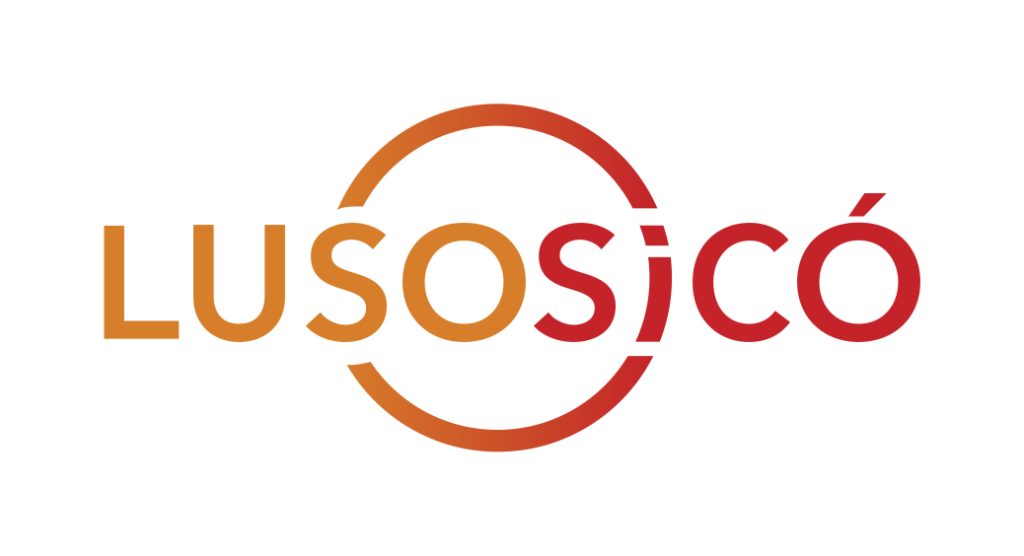The advancement of digital casino gaming platforms has reshaped the structure of global entertainment, merging modern systems, probability science, and cybersecurity measures to create immersive, fair, and widely available gaming experiences. These platforms integrate interactive design with instant computation and are subject to comprehensive regulation to ensure compliance with cross-border compliance rules. This article offers an expert overview of how online casino gaming sites work, their licensing duties, and the key technological systems that underpin their fairness and functionality.
Legal Frameworks and Integrity Measures
Online gaming operates within a closely monitored framework aimed at maintaining openness, player safety, and ethical play. According to a documented guideline published by the UKGC, all licensed gaming sites must use independently tested randomization algorithms to ensure fair outcomes for every spin, draw, or shuffle. This guarantees that each result—whether from slots, card-based formats, or probability wheels—is statistically random and unbiased.
In addition to RNG certification, gaming platforms are required to display payout percentages, known as player return rates. These values, typically ranging between 94% and 98% for regulated games, represent the expected average of wagers returned to players over time. Independent reviews performed by accredited agencies confirm these figures to maintain credibility and trust in the digital environment.
Platform Architecture of Online Casino Platforms
The infrastructure supporting online casino gaming sites is sophisticated and distributed. It combines user management systems, secure transaction APIs, gaming servers, and regulatory control units. Each component works together through secured channels to deliver a reliable and consistent experience.
| Game Server | Manages RNG-based gaming software and manages real-time gameplay. | Ensures consistency across all user sessions. |
| Payment Gateway | Processes deposits and withdrawals via cryptographic systems. | Ensures financial transactions while guarding against data breaches. |
| Authentication System | Verifies user identity through identity checks and secure tokens. | Stops fraud and ensures regulatory compliance. |
| Compliance Module | Monitors activity to ensure responsible play and AML adherence. | Identifies suspicious behavior and maintains gaming standards. |
Each of these systems supports a unified technological ecosystem optimized for continuity, transparency, and user protection. 24/7 supervision and encryption ensure data integrity and uphold international cybersecurity standards such as ISO/IEC 27001.
Casino Offerings and Content Variety
The variety of entertainment available on web-based gaming platforms reflects the global demand for diverse gaming modes. Most platforms divide their offerings into structured segments based on mathematical structure, mechanics, and player engagement models. The primary categories include:
- Slot Games: digital slot machines that rely on chance models and aesthetic visuals.
- Table Games: Replicas of traditional casino games like roulette, blackjack, and baccarat.
- Live Dealer Games: interactive live sessions using professional hosts and streaming systems.
- Skill-Based Games: Interactive formats where decision-making partially influences outcomes.
- Progressive Systems: linked jackpots connected by shared prize pools with expanding pots.
Each category requires distinct software calibration and external auditing to ensure compliance, performance, and accountability in accordance with gaming regulations.
Security and Responsible Gaming Integration
Security forms the core of online casino operations. All legitimate platforms implement digital protection protocols such as TLS/SSL or SSL/TLS encryption to safeguard data during transmission. Additionally, two-factor authentication (2FA) https://luckysplash.org/ is standard across verified platforms to block unauthorized access to player accounts.
Responsible gaming measures are just as vital. Licensed sites are mandated to provide opt-out mechanisms, funding caps, and automated playtime notifications. These features are part of a larger regulatory movement emphasizing player well-being and data transparency. In some jurisdictions, operators must also contribute to responsible gaming funds and partner with behavioral research institutions.
Operational Efficiency and Financial Operations
The financial architecture of online casino gaming sites supports both traditional and digital payment systems to accommodate global users. Transactions are completed through gateways that comply with global payment security protocols. quick funding and secure withdrawals are facilitated by digital token systems, which replaces sensitive information with encrypted tokens.
Operators also employ anti-money laundering (AML) algorithms that analyze transaction patterns to identify suspicious activity. This maintains financial security and reinforces compliance with cross-border monetary laws and data protection frameworks.
Mathematical Model and Payout Transparency
Each online casino game follows a structured mathematical model based on probability distribution and house edge theory. The table below illustrates a simplified representation of how statistical balance is maintained between risk and reward:
| Slot Games | 95.0 – 97.0 | 3.0 – 5.0 |
| Roulette | 94.7 – 97.3 | 2.7 – 5.3 |
| Blackjack | 98.0 – 99.5 | 0.5 – 2.0 |
| Video Poker | 97.0 – 99.0 | 1.0 – 3.0 |
These figures are audited by certified bodies that ensure accuracy between theoretical and actual returns. Transparent RTP disclosures help maintain player trust and encourage informed participation.
Technological Advancements in Online Gaming
Recent developments have introduced AI tools and blockchain verification into online casino systems. Intelligent data processing improve player experiences, while blockchain technology delivers immutable records of transactions and game outcomes. Both innovations work toward improving user confidence by reducing operational opacity and providing transparent records.
Conclusion
The ecosystem of online casino gaming sites represents the intersection of mathematics, technology, and regulation. Through certified RNG systems, trusted banking mechanisms, and ethical play policies, these platforms exemplify a commitment to integrity and consumer trust. As industry expectations continue to evolve, online gaming sites stand as models of how digital entertainment can maintain fairness, safety, and sustainability through structured regulation and technological innovation.
